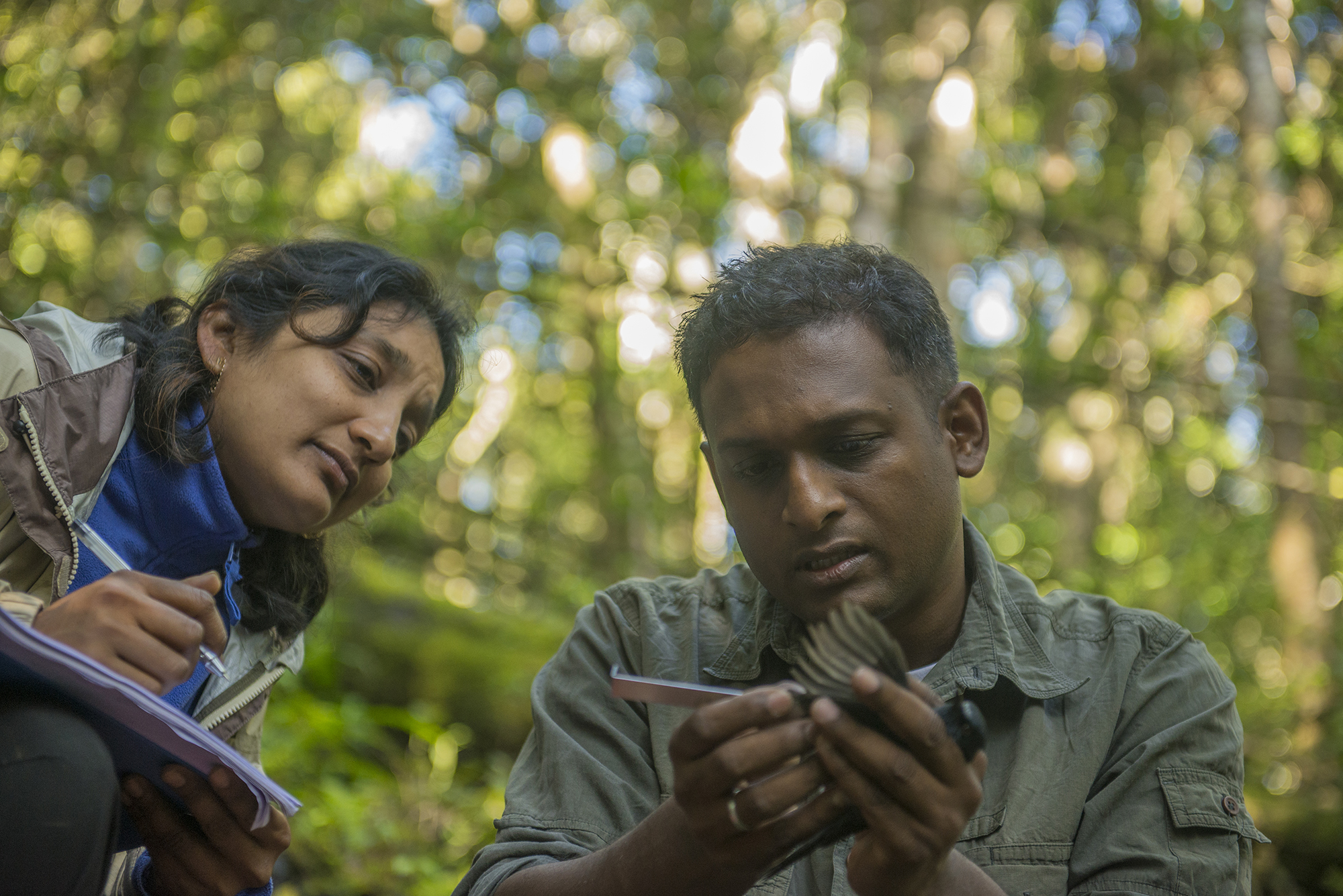Exploring New Frontiers
National Geographic Explorers travel to remote and unexplored areas all over the world to conduct groundbreaking research and document biological and cultural discoveries. As an explorer, you will push the boundaries of human knowledge by investigating precious ecosystems, uncovering archaeological sites, and uncovering new species.
Trekking into the Unknown
Every day, Nat Geo explorers are trekking into inhospitable terrain to make exciting new finds. For example, explorers in Alaska recently discovered an entirely new cave system stretching for miles underground. By braving frigid temperatures and narrow passageways, these explorers mapped out an extensive network of previously unknown caverns. In the Sahara desert, another team of explorers found evidence of an ancient oasis that was once inhabited, shedding new light on how civilizations formed in such an arid climate. Becoming an explorer yourself means being willing to venture into seldom-visited places and tackle the physical and mental challenges of exploration.

Documenting Biological and Cultural Discoveries
National Geographic explorers play a vital role in increasing our understanding of the natural world. Whether studying little-known ecosystems in the rainforest or documenting disappearing indigenous cultures, explorers collect crucial data and first-hand observations that expand human knowledge. For example, footage captured by explorers was key to proving the existence of elusive species like the Bhutanese takin goat. Explorers also regularly consult with local communities to document cultural practices respectfully before they fade from memory. Proper documentation skills are a must for any aspiring Nat Geo explorer.
Sharing Your Journey with the World
A big part of being an explorer is engaging diverse audiences about your discoveries. Explorers share footage, photos and gripping first-person accounts with National Geographic audiences worldwide. Expedition updates keep people fascinated by the explorer’s journey in real-time. After returning from the field, explorers synthesize their findings into comprehensive reports and give talks. Presentation skills are important for explorers looking to excite people about exploration and inspire environmental stewardship. Storytelling abilities are highly valued to bring unexplored worlds to life.
Gaining Relevant Skills and Experience
To prepare for the immense responsibilities of a National Geographic explorer, you’ll need to gain hands-on experience and refine important skills through education and training. Here are some essential steps:
Earning the Proper Education
Most Nat Geo explorer positions require at least a bachelor’s degree in a science, social science or arts field related to the type of exploration you want to pursue. Common degrees include environmental science, biology, anthropology, geography, filmmaking and photography. Pursue higher education to gain an in-depth knowledge base about your area of interest.
Developing Critical Skills
Refine skills like wilderness first aid, navigation, field research methods, data analysis, language skills and more through hands-on learning opportunities. Consider skill-building programs from reputable outdoor organizations. Develop cultural sensitivity by studying other cultures and perspectives. Nat Geo looks for a demonstrated aptitude in technical skills vital to exploration success.
Gaining Field Experience
Get experience conducting your own small-scale expeditions, such as leading nature hikes or volunteering for conservation projects abroad. Pursue internships with research institutions and non-profits to gain experience under the mentorship of professionals. Participate in global expeditions whenever possible to build your expedition leadership résumé. Hands-on experience is key for Nat Geo exploration roles.
Building Your Portfolio
Create a comprehensive portfolio highlighting your skills, experiences and passion for exploration through written works, photos, videos and other media. Consider starting your own blog or website to share expedition updates and discoveries. Build an online presence showing your potential as an explorer storyteller to engage audiences. A strong digital portfolio will help you stand out amongst applicants.
Getting Noticed by National Geographic
After developing your exploration abilities, it’s time to connect with National Geographic and showcase your potential as an explorer. Here are some effective strategies:
Applying for Nat Geo Grants and Fellowships
Nat Geo offers grants and fellowships aimed at cultivating new explorers. Apply for opportunities suited to your experience level like the Young Explorers Grant. Use the funding to complete your own expedition and produce high-quality deliverables to share your work. Successful projects may lead to future Nat Geo projects.
Attending Nat Geo Events and Conferences
Networking is key. Attend events like the Explorers Festival to meet Nat Geo staff and other explorers face-to-face. Present your work at conferences to gain exposure. Consider joining organizations that regularly work with Nat Geo for additional networking opportunities. In-person connections can help get your application noticed.
Submitting Proposals and Applications
Directly propose expedition projects to Nat Geo program managers related to your area of expertise. Tailor compelling multi-day expedition proposals with proposed outcomes, deliverables, locations and budgets. Also regularly check Nat Geo career postings and apply online for open explorer positions that match your profile. Persistence and targeting the right opportunities will help.
Getting Noticed Through Your Work
Continually produce high-quality exploration-focused content for publication. Pitch written works, photos, videos or multimedia stories to Nat Geo and other outlets. achieving media features and recognition through third parties can demonstrate your potential to Nat Geo staff. Stand out as a proven explorer storyteller.
Thriving as a National Geographic Explorer
If accepted into the prestigious Nat Geo Explorers program, here’s how you can maximize your career:
Conducting Impactful Field Research
Design expeditions that push scientific and cultural boundaries through pioneering discoveries. Deliver new data, species descriptions, cultural insights and more. Continually achieve tangible outcomes to advance human knowledge.
Amplifying Your Exploration Impact
Give talks and create multimedia stories, books and films to effectively share your expedition experiences. Engage mass global audiences to inspire environmental action. Collaborate on campaigns with policymakers and communities. Advance Nat Geo’s conservation mission through inspirational storytelling.
Mentoring Upcoming Explorers
Pass on your expertise through guiding subsequent expeditions or educational programs. Supervise early career explorers and students. Cultivate the next generation of Nat Geo explorers to continue expanding discovery frontiers.
Advancing Exploration Practices
Innovate new technologies, techniques and strategies to transform how explorers operate. Publish scientific papers to elevate exploration methodologies. Continually improve how explorers can maximize positive impact on communities and the planet. Lead exploration into the future.
Becoming a National Geographic explorer is an immense privilege. By following this career trajectory, you too could travel to remote corners of the Earth making paradigm-shifting discoveries and then share your expeditions’ wonders with the world.

 Travel Advice for Your Trip to Lima, Peru
Travel Advice for Your Trip to Lima, Peru